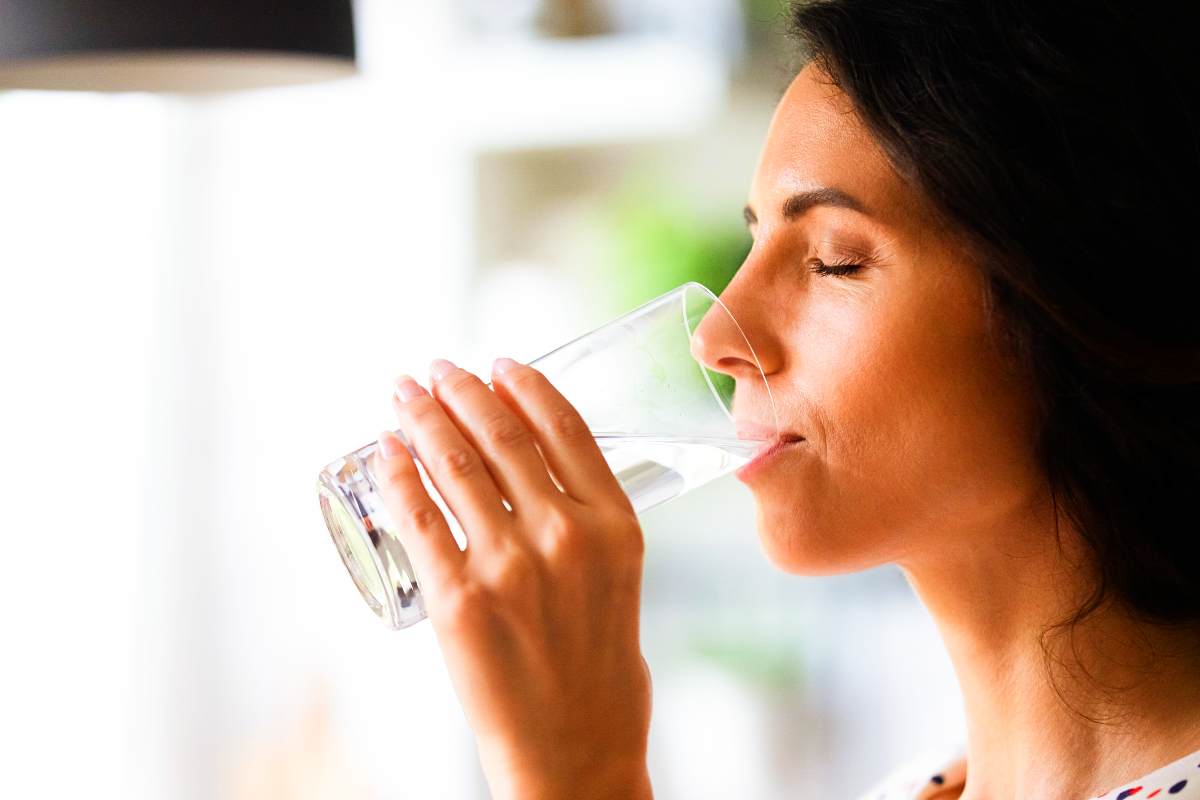Water: An Unsuspected Ally in Glycemic Balance
The glycemic index (GI) has become a topic of great interest to anyone trying to maintain a balanced blood sugar level. Glycemic balance is essential for general health and can play a significant role in the prevention and management of diabetes. Many studies have shown that there are several food strategies that can influence the GI of the foods we consume, but what is often overlooked is the importance of water in the equation.
The digestive process begins with the breaking down of the carbohydrates contained in the foods we consume. These carbohydrates are broken down into simple sugars as glucose, which are then absorbed into the bloodstream. Glucose is one essential energy source for the body, but high levels in the blood can lead to health problems such as insulin resistance and type 2 diabetes.
This is where the role of water comes in. Drinking water before or during meals can indirectly affect the GI of the foods we consume. Water acts like a vehicle which helps dilute the sugar content in foods, slowing down their rapid assimilation in the small intestine. When the digestive process occurs more gradually, the release of glucose into the bloodstream is more controlled and stable. This can help prevent sudden peaks and dips in blood sugar levels, contributing to better glycemic control over time.
Water also plays an important role in the feeling of satiety. Drinking a glass of water before a meal can help reduce cravings and portion control, which can have a positive impact on weight control. This is especially relevant for people with blood sugar problems, as maintaining a healthy weight is related to managing blood sugar levels.
However, it is important to note that not all drinks have the same effect. Sugary or carbonated drinks can have the opposite effect, increasing the GI of meals when consumed alongside high-carb foods. Therefore, water remains the best choice for this practice.
Another important consideration is the amount of water to consume. There is no universal measure, since water needs vary from person to person based on factors such as age, weight, level of physical activity, and health conditions. However, a good starting point could be to drink at least a glass of water before main meals.
Also, consistency is key when trying to harness the benefits of water to lower the GI. Instant results cannot be expected; rather, you need to adopt this habit as part of a long-term balanced lifestyle.
In conclusion, drinking water to lower the glycemic index is a strategy that can offer significant health benefits, especially for those looking to control blood sugar levels. Acting like a vehicle for diluting sugars in foods and moderating the digestive process, water can contribute to better overall glycemic management. However, it is important to consider this habit as part of a broader approach to health, which includes a balanced diet and an active lifestyle. As always, consulting a medical professional or dietician can provide personalized and informed guidance to integrate this practice into your daily regimen.
